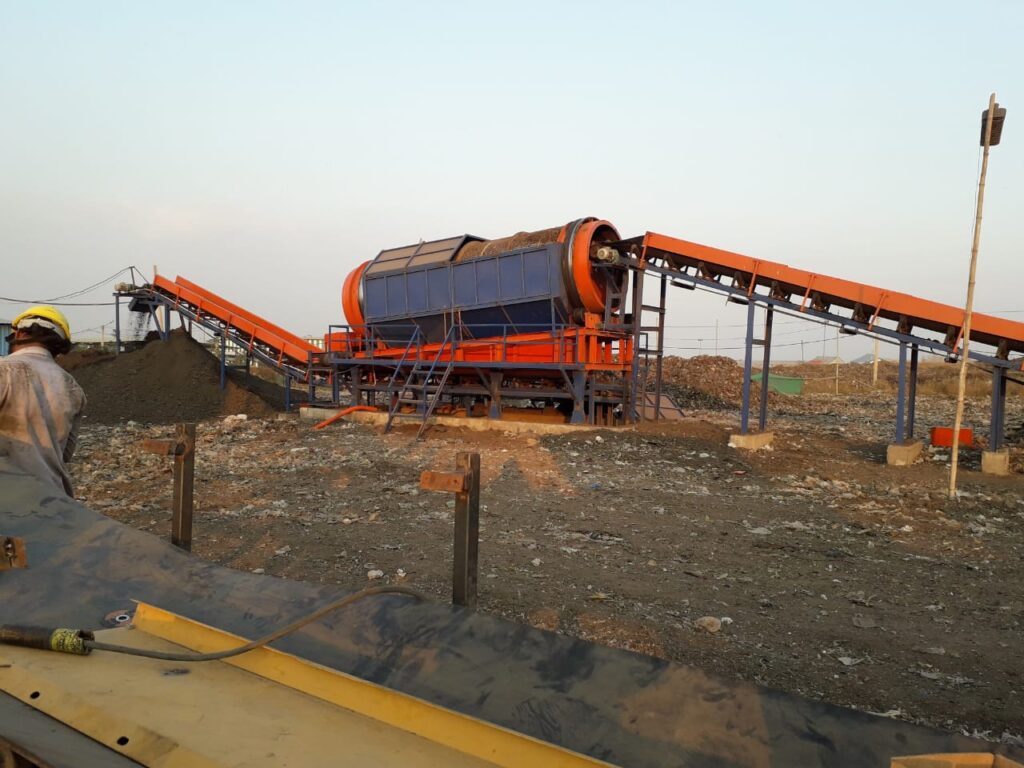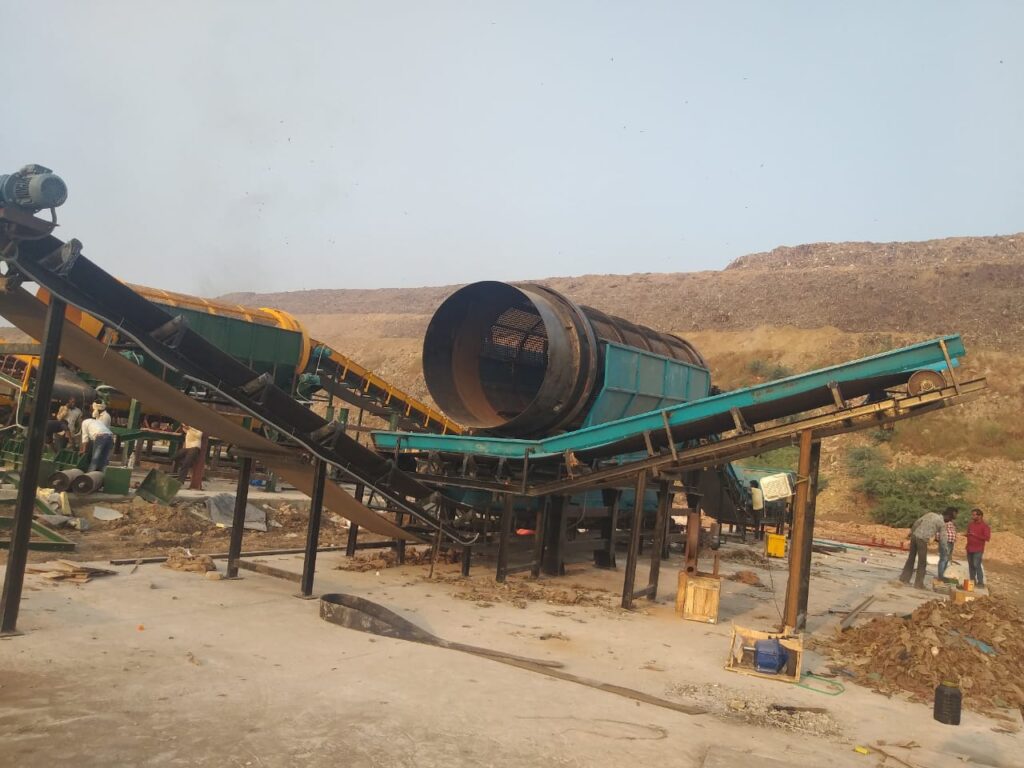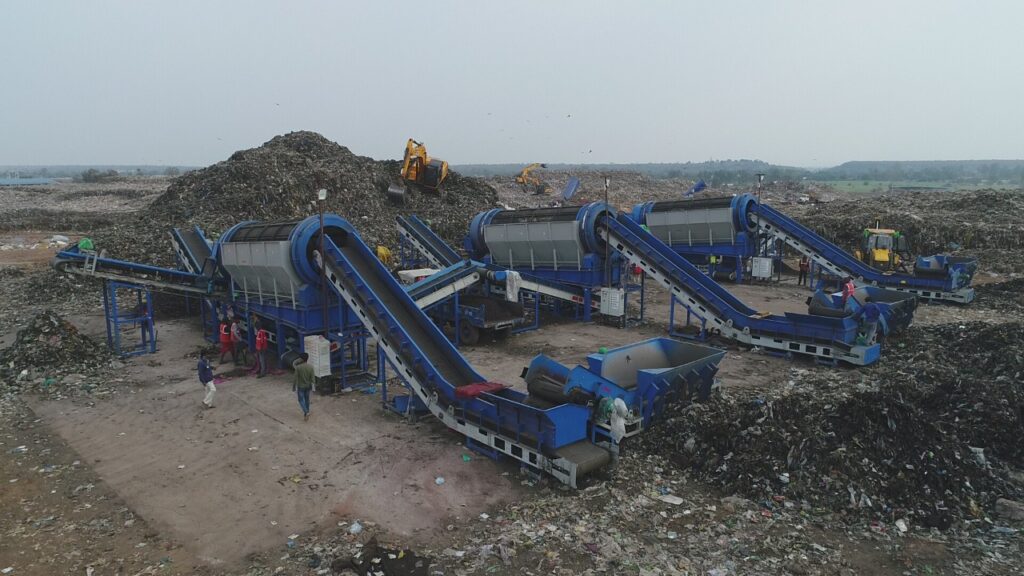Solid Waste Management

Solid waste management is a critical aspect of urban and environmental planning that involves the collection, transportation, disposal, and recycling of solid waste materials generated by communities and industries. It encompasses a range of activities designed to minimize the negative impact of waste on public health, the environment, and overall quality of life. The process typically begins with the collection of waste from households, commercial establishments, and industrial facilities. This waste is then transported to treatment facilities, which can include recycling centers, composting sites, and landfills, depending on the type and nature of the waste. The goal of solid waste management is to reduce waste generation, promote recycling and reusing of materials, and ensure proper disposal of non-recyclable waste, all while adhering to environmental regulations and sustainability principles. An effective solid waste management system not only helps in maintaining a clean and healthy living environment but also conserves resources and reduces the environmental impact of waste disposal. It is an essential component of sustainable urban development and responsible resource utilization.



